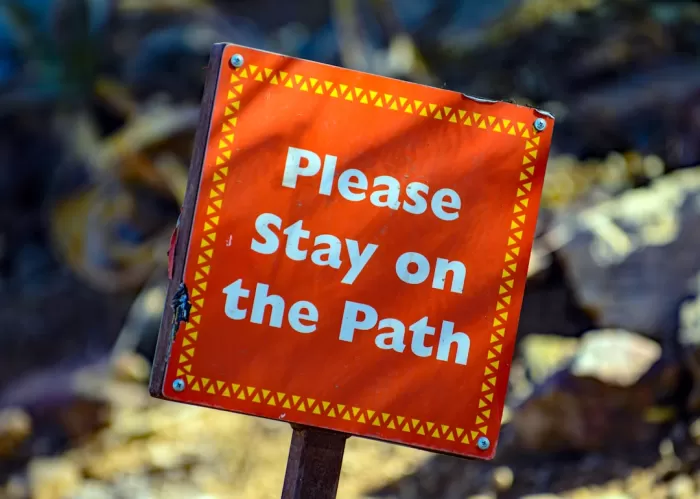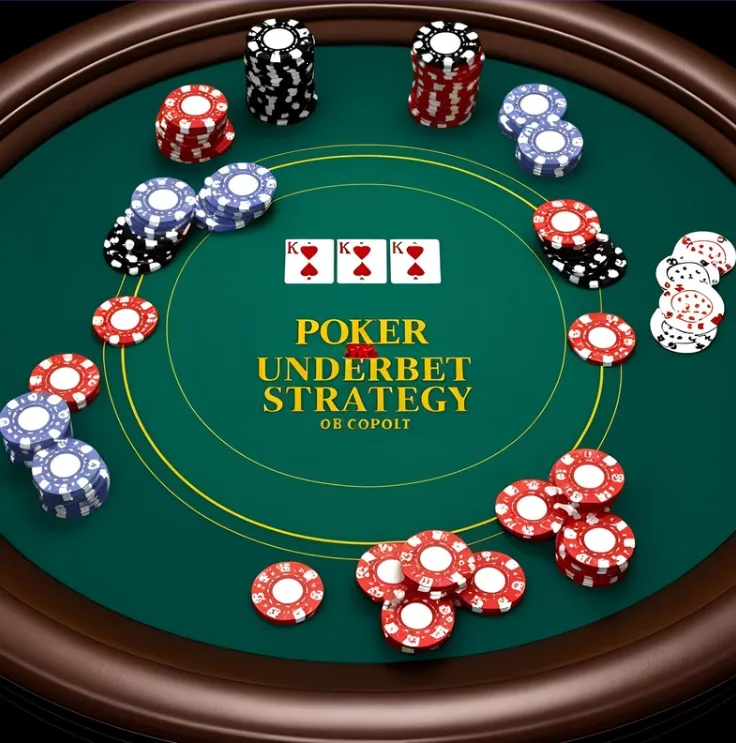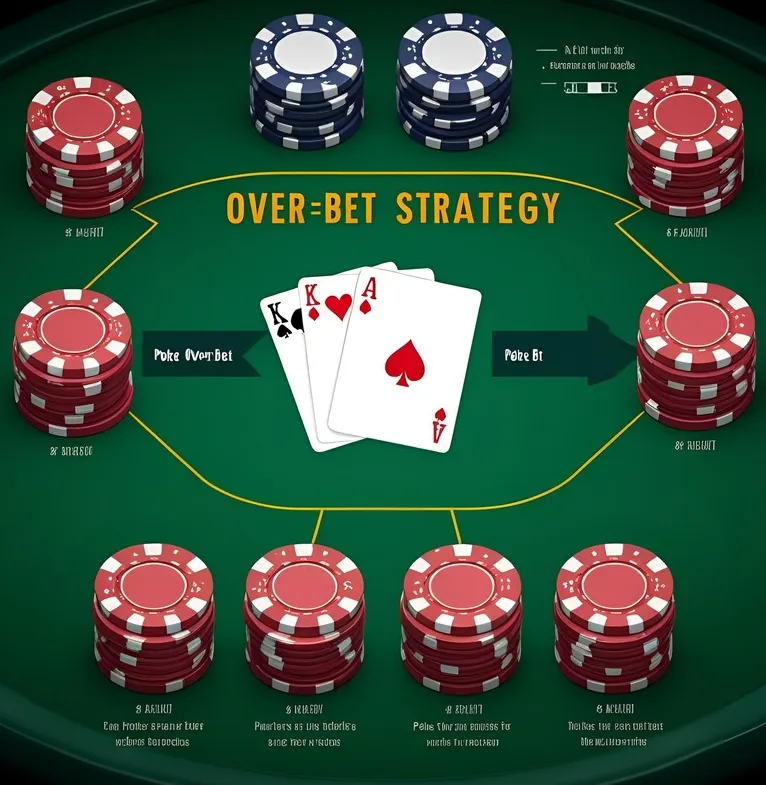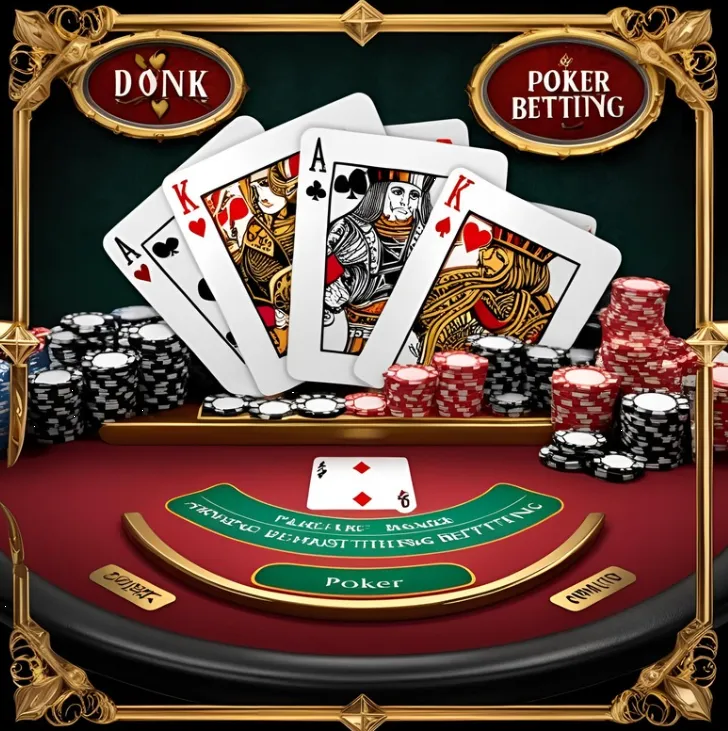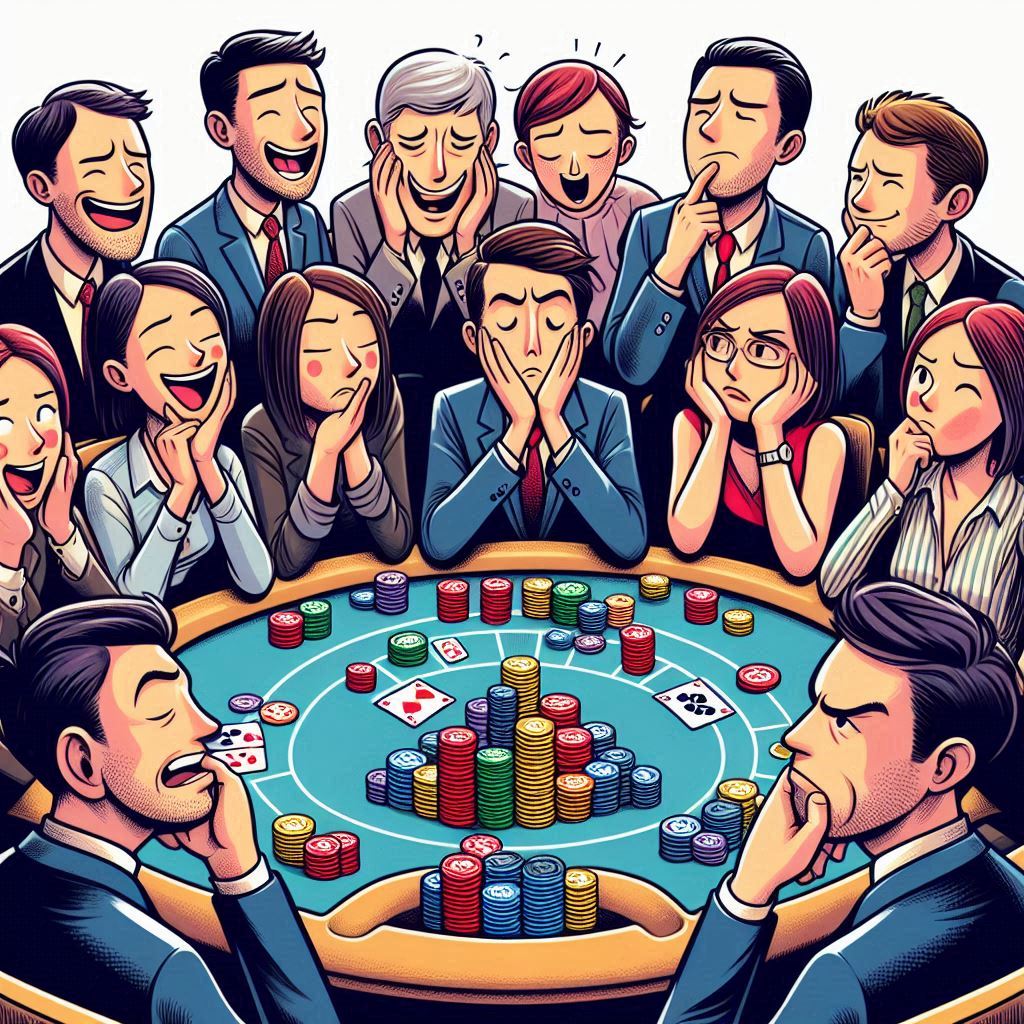
Mastering Range-Based Thinking
One of the most crucial advanced poker strategies is developing range-based thinking. Instead of trying to put your opponent on a specific hand, consider the range of hands they could have based on their actions. This approach allows for more accurate decision-making and helps you exploit your opponents' tendencies more effectively. Practice thinking in terms of ranges during your study sessions and gradually implement this mindset into your live play.
Exploiting Polarized Ranges
Understanding and exploiting polarized ranges can give you a significant edge in poker. A polarized range consists of very strong hands and bluffs, with few medium-strength hands. Recognizing when your opponent's range is polarized allows you to make more profitable calls or folds. Learn to identify situations where ranges tend to be polarized, such as when facing a large river bet, and adjust your strategy accordingly.
Implementing Advanced Bluffing Techniques
Take your bluffing game to the next level by incorporating advanced techniques like blockers and removal effects. Blockers are cards in your hand that reduce the likelihood of your opponent holding certain strong hands. Use this information to bluff more effectively in spots where your opponent is less likely to have a strong hand. Additionally, consider how the cards on the board affect the probability of your opponent holding specific hands, and use this knowledge to inform your bluffing decisions.
Leveraging Position More Effectively
While basic poker strategy emphasizes the importance of position, advanced players take this concept further. Learn to exploit your positional advantage by playing a wider range of hands when in position and using aggressive continuation betting strategies. In late position, consider using floating techniques against opponents who frequently continuation bet but give up on later streets.
Mastering Multi-Street Thinking
Develop your ability to plan ahead for multiple streets. Instead of making decisions based solely on the current street, consider how the hand might play out on future streets. This forward-thinking approach allows you to set up more profitable situations and avoid putting yourself in difficult spots on later streets. Practice visualizing different turn and river scenarios during your study sessions to improve this skill.
Adapting to Different Player Types
Advanced poker players excel at quickly identifying opponent types and adjusting their strategy accordingly. Develop a system for categorizing players based on their playing style, tendencies, and skill level. Create specific counter-strategies for each player type, and practice implementing these adjustments in real-time during your sessions.
Incorporating Game Theory Optimal (GTO) Concepts
While exploitative play is crucial, understanding Game Theory Optimal (GTO) concepts can significantly improve your poker game. Study GTO solutions for common situations, and use this knowledge as a baseline strategy. Learn when to deviate from GTO play to exploit specific opponents, and when to fall back on a more balanced approach against tough competition.
Managing Your Mental Game
At the highest levels of poker, mental game becomes increasingly important. Develop techniques for maintaining focus, managing tilt, and staying emotionally balanced during long sessions. Practice mindfulness and meditation to improve your ability to make clear decisions under pressure. Additionally, work on your self-awareness to recognize and address any leaks in your mental game.
Utilizing Advanced HUD Stats
For online players, leveraging advanced HUD (Heads-Up Display) statistics can provide a significant edge. Go beyond basic stats like VPIP and PFR, and learn to use more complex metrics such as fold to 3-bet, float percentage, and turn aggression factor. Develop a system for quickly interpreting these stats and adjusting your strategy in real-time based on the data available.
Continuous Learning and Improvement
Finally, commit to a process of continuous learning and improvement. Stay up-to-date with the latest poker theory by reading books, watching training videos, and participating in study groups. Regularly review your play, analyze your biggest hands, and seek feedback from more experienced players. Remember that poker is an ever-evolving game, and maintaining a growth mindset is crucial for long-term success.
